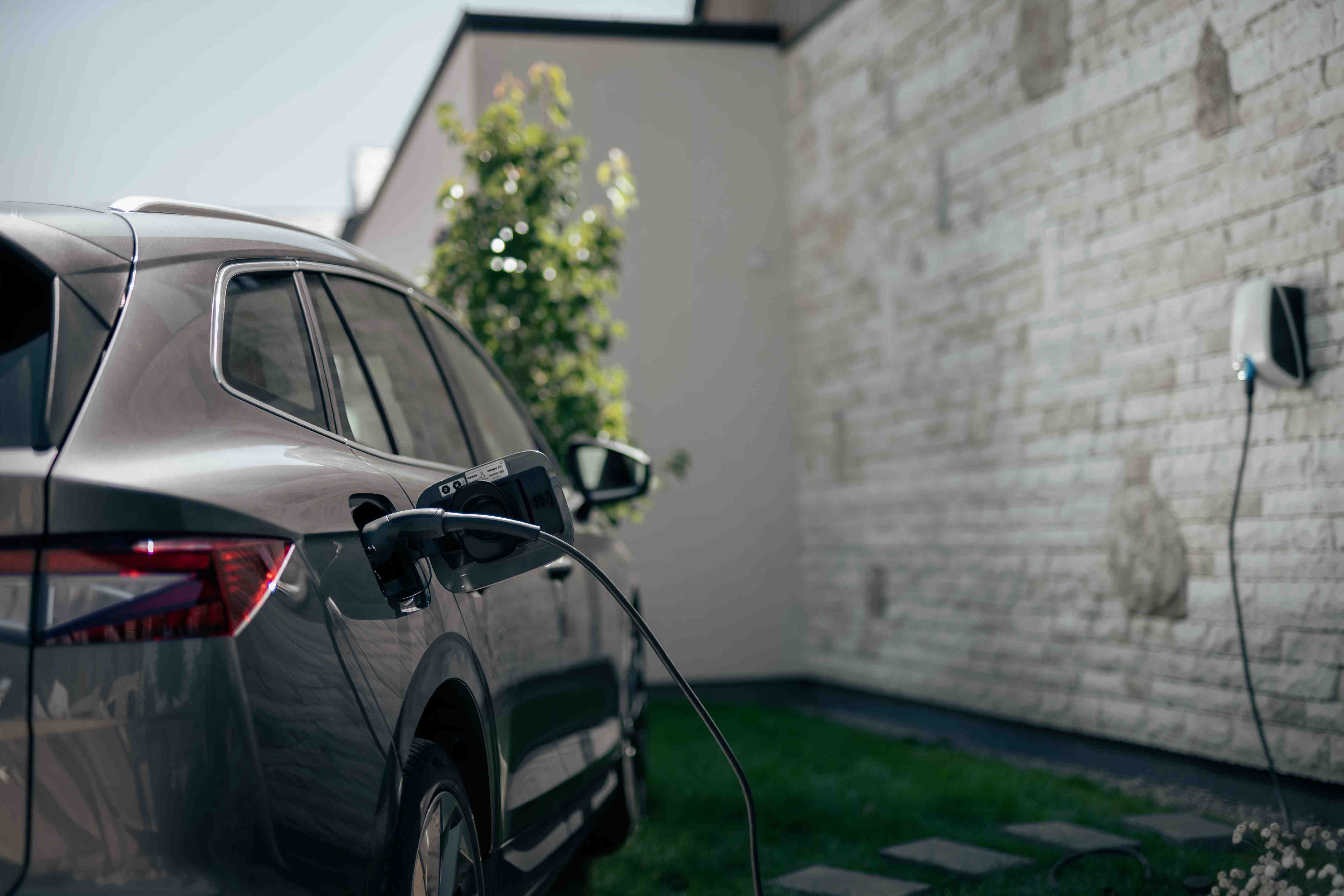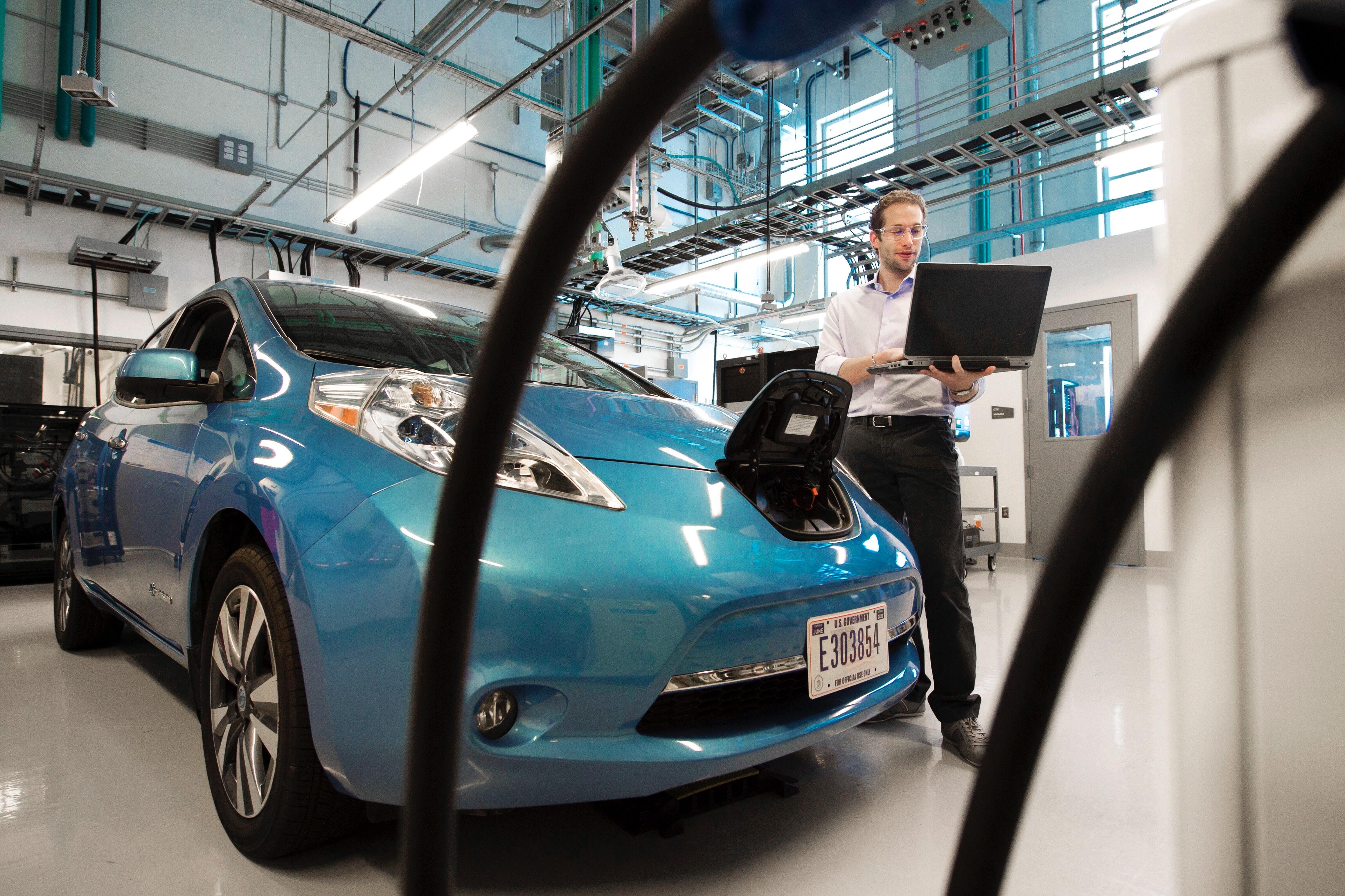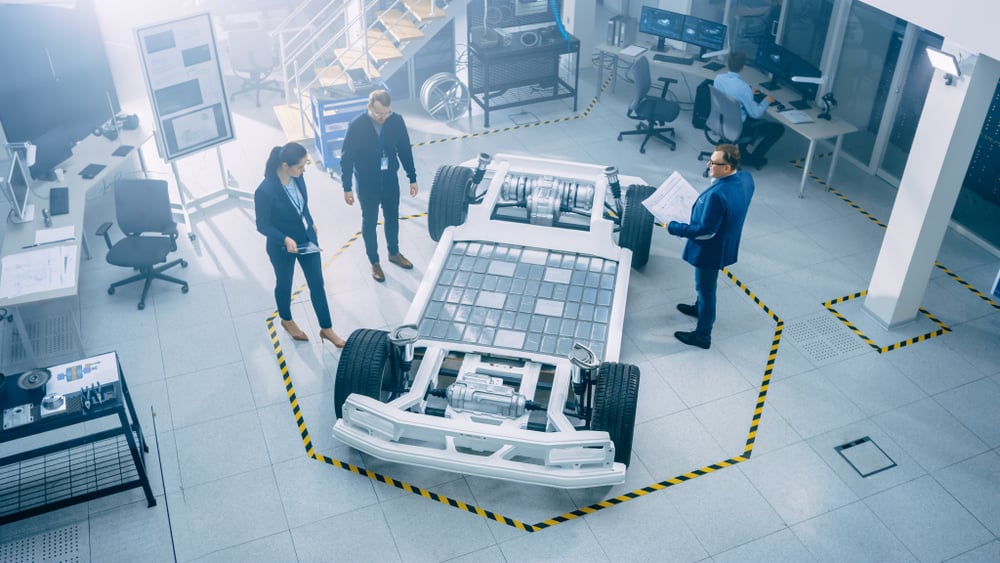
Last updated on May 12, 2023
Under current estimates, most electric car batteries will last somewhere between 15-20 years before they need to be replaced. With today's average lifespan of a car being roughly 12 years, your EV battery will probably outlive your car.
This article debunks the most common misconceptions about EV battery life, explains how long an EV battery actually lasts, what you can do to extend its life, highlight some amazing second-life applications they have to offer, and tell you if they are recyclable.
Electric car battery life is more resilient than you think
Electric vehicles (EVs) have never been more popular than today. Globally, EV sales exceeded 10 million in 2022 and with over 2.3 million electric cars sold in the first quarter of 2023 sales are expected to grow strongly through 2023.
Despite this rapid increase, many drivers still have reservations – and one of the most common concerns is around EVs’ batteries. Next to range anxiety, the fear that a battery will die is an important worry cited by 33% of potential EV drivers in our recent Mobility Monitor research.
While this fear is understandable, given our experience with phone and laptop batteries losing capacity faster than we’d like, EV batteries are designed and built to be far more resilient. In fact, research shows that electric car batteries will probably outlive the vehicle they’re in (and even then, they can have a second life).
This article explores common misconceptions about electric car battery longevity, how long it actually lasts, and what you can do to extend its life cycle.

Battery life of electric cars: The understandable (yet misplaced) lack of trust
Batteries surround us in our daily lives: from our phones, tablets, and laptop to scooters and electric toothbrushes. We also know all too well the feeling of your device’s battery capacity shrinking over time: after a few years, your phone doesn’t seem to last nearly as long on a single charge as when you first bought it.
It’s understandable, then, that we would have the same worry when it comes to electric car batteries.
Let’s explore how an EV battery works, and why your fear may be unwarranted.

What are electric car batteries made of?
A typical electric car battery is made of thousands of rechargeable lithium-ion cells, which are connected together to form the vehicle’s battery pack. Lithium-ion batteries have a far higher energy density than most other types of batteries, meaning they can store more energy in a given volume. They are also more efficient when discharging their energy and require little to no maintenance.
But while lithium-ion batteries are efficient, they don’t last forever. Like many other parts, batteries age with use, with the cells being able to hold less energy than they initially were. With time, this can cause a noticeable reduction in overall battery capacity.
Electric car battery vs phone battery
While your phone or laptop may lose up to 20% of its capacity within a few years, electric car batteries are designed from the start to last longer. They also tend to be used differently than most other personal electronic devices and have built-in protection mechanisms, which means they wear down less quickly.
For one, even with moderate use, EV batteries don’t need to be charged nearly as much as other electronics. With the average distance driven in the EU, for example, a typical EV can last multiple days without needing a charge.
Second, electric car batteries have a system that prevents battery degradation, called a battery management system (BMS). The BMS controls battery charging and discharging and ensures it is done in a way that is least harmful to the battery cells. For instance, it can set aside a certain capacity to protect the battery or reallocate energy to ensure cells are being used evenly.

EV battery life: How long do batteries last in electric cars?
According to current industry expectations, EV batteries are projected to last between 100,000 and 200,000 miles, or about 15 to 20 years.
However, even when EV batteries do age, their large initial capacity combined with minor losses in battery capacity means the aging is nearly imperceptible to drivers. Indeed, EVs are currently estimated to lose an average of 2.3% of their battery capacity per year. To put that into context, if you purchase an EV today with a 240 km (150 miles) range, you’ll have only lost about 27 km (17 miles) of accessible range after five years.
While that theoretical loss is interesting, we can look at existing EVs to see how their batteries have aged over the past years.
Nissan, for example, has been selling electric cars for 12 years, and executive Nic Thomas claims that almost all EV batteries they’ve manufactured during that time are still in use. Likewise, Tesla reports its vehicles to have an average lifespan of around 200,000 miles in the US and 150,000 miles in the EU.
This is quite a bit more than the average life expectancy of a car, which is only 12 years. In other words, EV batteries are predicted to outlast the vehicle they’re in. And to add extra peace of mind, almost all EV manufacturers offer around 8-10 years warranty for their battery pack, ensuring a battery will be replaced for free if it fails prematurely.

How to extend the battery life of your electric car
The improvement over the past decades in lithium-ion batteries has been significant. The advances have extended battery life, increased safety, and reduced the weight and price of battery packs. However, like all pieces of technology, if you care for them in the right way.
EV battery charging best practices
1. Don’t charge your EV every night
Regardless of whether you’re only topping up the battery by a few percent or charging the vehicle fully, every time your battery charges, you put stress on the battery. As a result, the capacity of the battery is reduced by a fraction. To avoid this compounding over time, you shouldn’t plug your vehicle in every night. If you only charge your vehicle when it’s necessary, and not plugging the vehicle in as soon as you get home, you can extend your battery life.
2. Stay between 20 and 80 percent charge
Just like you shouldn’t plug your vehicle in every night, you also shouldn’t top it up to 100 percent when you don’t have to. A lithium-ion battery is designed to store large amounts of energy with a charge that ebbs and flows. However, frequently draining the cells too often or filling them up fully can, over time, reduce the battery’s capacity as a whole. The common advice is to stay between 20 and 80 percent charge and never let the battery die completely.
3. Control the optimal battery state of charge during long storage
Lastly, leaving your EV parked for too long with a full (or empty) battery also contributes to the degradation. To avoid this, if you’re going to spend a significant amount of time away from your vehicle, it’s recommended that you fill it up to somewhere between 25 and 75 percent. There are smart charging stations that can help you with this and make sure that your battery doesn’t go beyond these limits.

How much does an electric car battery cost?
By far the most expensive part of any EV is its battery. Currently, EV battery packs cost around $10,000 to $12,000, according to Reuters (or $150 per kWh according to IEA's Global EV Outlook 2023). This hefty price tag is largely due to the price of the materials needed to make the battery, many of which are rare or difficult to source.
Battery prices have fallen significantly these past decades thanks to advancements in technology and gains in efficiency. To illustrate today, the cost of pack manufacturing accounts for about 20% of total battery cost, compared to more than 30% a decade earlier.
In contrast, cell production costs increased in 2022 relative to 2021, returning to 2019 levels. This is due to the increasing prices of rare materials accounting for a significant portion of cell price, and the rising price of electricity, which affects manufacturing costs.
Bloomberg New Energy Finance (BNEF) expects battery price to start dropping again in 2024, when lithium prices are expected to ease as more extraction and refining capacity comes online. Based on the updated observed learning rate, BNEF’s 2022 Battery Price Survey predicts that average pack prices should fall below $100/kWh by 2026.
Are electric car batteries recyclable?
When batteries do reach their end of life, what can be done with them? The environmental impact of used batteries is unquestionably a growing issue and a concern for many about EVs.
While recycling is often mentioned as the main solution for dealing with old batteries, in practice, EV batteries can often be reused for other purposes before needing to be recycled, thanks to their large capacity and ability to charge and discharge quickly.

What happens to old electric car batteries?
One of the main prospective uses for old EV batteries is electricity storage – both for individual buildings and the entire grid. Indeed, the need for storage is a key challenge in balancing out the variability of many renewable energy sources and ensuring a constant supply.
The Mobility House has already implemented such a bidirectional smart charging system, using old Nissan Leaf battery packs to smooth out electricity demand peaks from the Johan Cruijff ArenA in Amsterdam, home of the Ajax football club.
Recycling electric car batteries
After their second – or even third or fourth – lives, batteries may not serve a functional purpose anymore. This is where recycling comes in. While recycling lithium-ion batteries is challenging, growing demand for their raw materials is catalyzing new processes, with some techniques allowing up to 95% of the raw materials to be recovered.

Discover more about EV charging
Battery lifespan is understandably one of the main considerations for prospective EV drivers, given the significant investment an EV battery pack entails. In practice, modern EV batteries are designed with longevity in mind and will most likely outlast the vehicle they’re in.
If you’re considering switching to electric mobility, you might have many more questions about electric cars and EV charging. Have a look at our detailed EV charging guide to learn everything you need about EV charging.
Subscribe to our newsletter: The Current for exclusive insights on all things electric mobility, right to your inbox.
Related articles

Smart Charging for Solar EV Systems: What is possible today?
There are a variety of smart solutions available, capable of optimizing your solar EV charging system in different...

Can solar EV charging save you money?
Charging your EV using household solar panels can indeed save you money on your utility bills. How much money solar EV...

How to optimize your solar set-up for charging electric cars at home
There are several ways EV drivers can optimize a homegrown solar system to ensure their EV recharging needs are met....